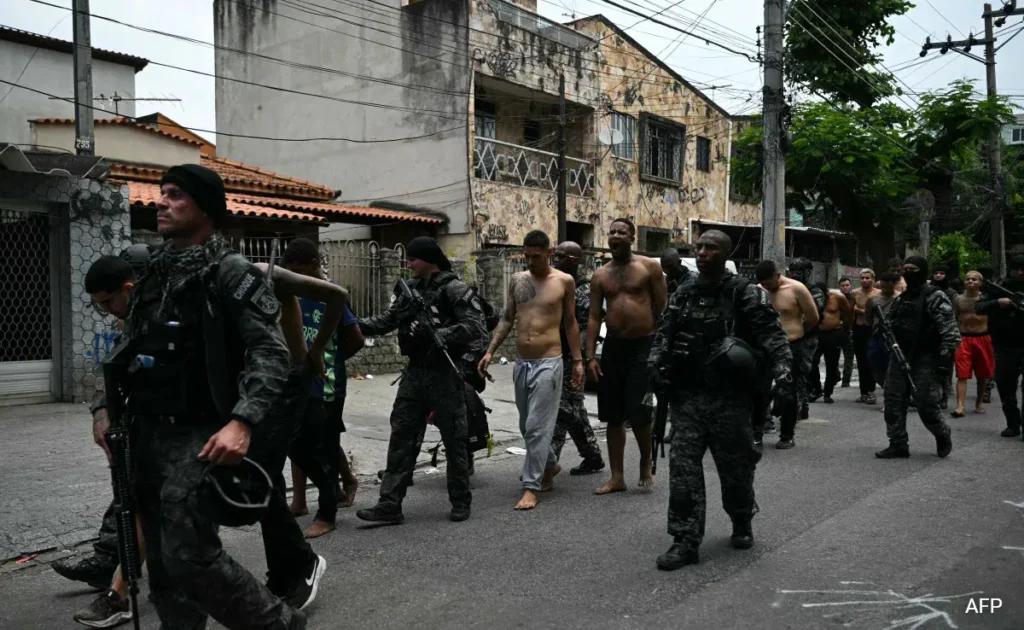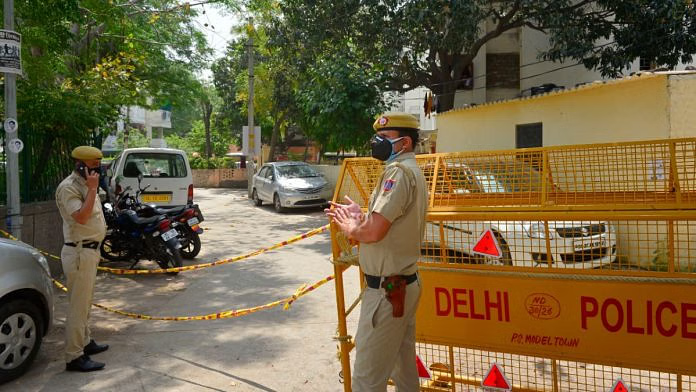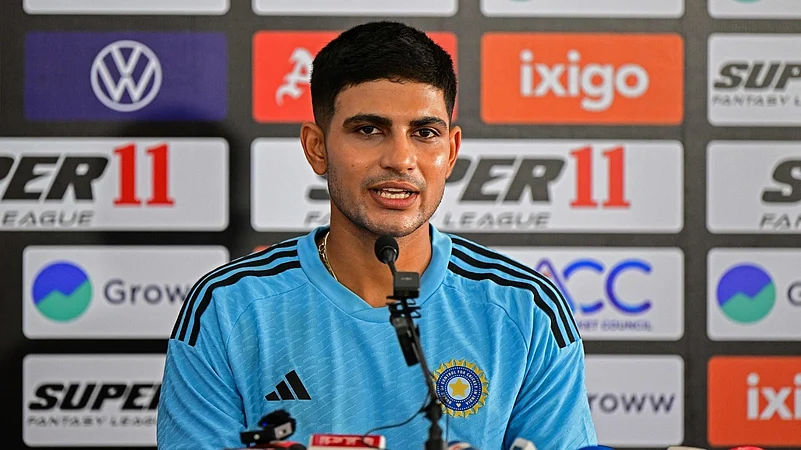Now Reading: 10 Big Updates in Iran-Israel Tensions After Hospital Strike: What You Need to Know
-
01
10 Big Updates in Iran-Israel Tensions After Hospital Strike: What You Need to Know
10 Big Updates in Iran-Israel Tensions After Hospital Strike: What You Need to Know

Tensions between Iran and Israel have reached a critical point following a deadly hospital strike that shocked the world. As both nations blame each other and violence escalates, the global community watches with growing concern. From military build-ups to diplomatic responses, here are the 10 latest developments shaping this fast-evolving conflict—and why Indians, especially in Tier 2 cities, should care.
1. Hospital Strike Sparks Global Outrage
A hospital in the Middle East was hit during an airstrike, leading to dozens of deaths and injuries. The strike triggered widespread condemnation, with both Iran and Israel denying responsibility. The incident has deepened mistrust and worsened the already tense situation.
2. Ayatollah Khamenei Issues Strong Warning
Iran’s Supreme Leader Ayatollah Ali Khamenei blamed Israel for the hospital bombing and called for global Muslim unity. His speech urged regional players to confront what he described as Israeli aggression.
3. Israel Calls the Allegation ‘Propaganda’
Israel denied attacking the hospital, claiming that the explosion may have been caused by a misfired rocket launched by a local group. Israeli officials labelled Iran’s statements as “false propaganda aimed at stirring unrest.”
4. Military Movements Intensify
Both countries have ramped up military presence. Israel has moved additional units to its northern borders, while Iran has placed its missile systems on high alert. This points to a possible escalation if diplomacy fails.
5. Iran Warns of ‘Wider War’
Iran has openly warned that if Israel continues its airstrikes, the region could descend into a broader war. Indian foreign policy experts believe such a war could disrupt oil supplies, affecting fuel prices in India.
6. US and Global Powers Step In
The United States has urged restraint on both sides. Meanwhile, European and Arab nations are calling for independent investigations into the hospital bombing to prevent further conflict.
7. Fear of Proxy Wars Grows
With Iran supporting various regional groups and Israel closely allied with Western nations, analysts fear this could turn into a proxy war. If so, ripple effects may be felt in global markets and trade routes.
8. Security Tightened in Indian Cities
Indian intelligence agencies are monitoring the situation closely. Some Tier 2 cities with key oil refineries or diplomatic missions have received internal security advisories to stay alert.
9. Indian Students and Workers in the Region at Risk
The Indian government is assessing the safety of thousands of Indian nationals living in affected areas. Any major flare-up could lead to emergency evacuations, similar to previous crises in the region.
10. Social Media Flooded With Fake News
Following the hospital incident, misleading videos and edited images have gone viral. Officials urge citizens to verify information and avoid spreading unconfirmed news, especially on WhatsApp and Instagram.
Conclusion:
The Iran-Israel conflict, reignited by the hospital strike, is more than just a regional power struggle—it has real-world consequences that stretch all the way to Indian homes and wallets. With oil prices, global diplomacy, and the safety of Indians abroad at stake, it’s essential to stay informed and cautious. As events unfold rapidly, the world—and India—will be watching.

























